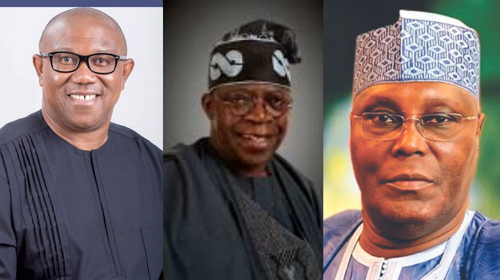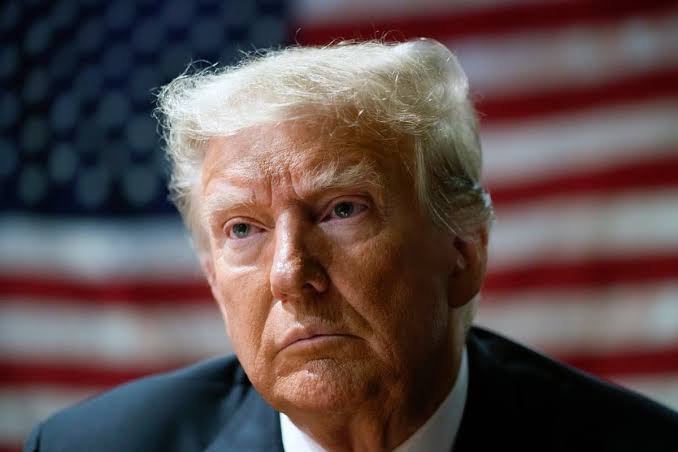https://guardian.ng/news/uproar-over-nnpcs-sleazy-25-9b-oil-swap-n13-9tr-subsidy-payment/
THE GUARDIAN
Although exact figures and terms of reference remain a secret as transparency and accountability concerns cloud the Direct Sale Direct Purchase (DSDP) arrangement of the Nigerian National Petroleum Company Limited (NNPCL), there are indications that Nigeria may have swapped over 364.5 million barrels of crude oil worth $25.9 billion in the last three years and four months.
Experts, yesterday in a series of interviews, called for an audit into the swap deal and the over N13.9 trillion directly spent on fuel subsidies by the administration of former president, Muhammadu Buhari, through the NNPC.
Buhari, who doubled as President and Minister of Petroleum Resources, had dropped the idea of involving private marketers in the import of petrol, following a backlog of issues inherited under former President, Goodluck Jonathan’s era, where cronies and shrewd business persons allegedly got allocations and foreign exchange to import. The development made NNPCL, then referred to as the ‘last resort’ to import fuel and record the expenses as under-recovery.
Reportedly, with debt to oil trade running into about $3 billion and dilapidated refineries, NNPCL had allegedly gone back to the swap deal to save its image and dodge a bad credit rating while ensuring that energy security is guaranteed.
On the oil swap, especially under the current management of NNPCL, the first phase of the contract started in 2019 and ended in September 2020, the second phase ended in September 2021 and the third phase by arrangement should have terminated by September 2022.
Instead of a bid round, the second phase saw the extension of the programme two times and more than 300,000 barrels per day (bpd) was provided to the 15 company pairings.
The second bid round saw the selection of 16 pairing companies. Each was to be given 20,000 barrels of crude per day to bring the daily allocation to 320,000 barrels.
With the revelation by NNPC that the scheme was terminated four months ago, there are indications that the DSDP, especially under the current management of NNPCL, lasted for three years and four months. That is about 1, 215 days.
In 2019/2020, the oil price averaged $41 per barrel. At an average of 300,000 barrels daily, this means that the 109,500,000 barrels exchanged for the year should be worth $4.4 billion. In 2020/2021, when oil price averaged $71 per barrel, the 109,500,000 barrels exchanged should be worth about $7.7billion. In 2021/2022, when oil price averaged $100 per barrel, the yearly exchange should be worth $10.9 billion, while the last four months should be worth $2.9billion.
With the country producing low volumes of crude compared to production, there are indications that most of the contractors are owed crude, which the state oil companies may still continue to pay even after terminating the deal.



Connect with us on our socials: